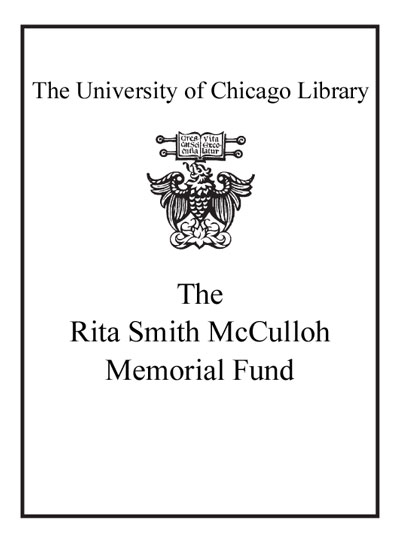| Summary: | This volume provides the first international comparative study on the world of adult learning activities. It offers the first systematic attempt to provide reliable empirical information on some critical issues regarding the transformation of adult and continuing education in post-industrial societies such as: What is the extent of the learning demand among the adult population in industrialized countries? How many adults are involved every year in organized learning activities for vocational reasons, for reasons of academic or general education, and for socio-cultural aims? Who participates in what kind of activities? Who does not participate, and why? How is the transformation of the learning demand to be explained? What are the main factors at work in this remarkable rise in the learning aspirations of adult women and men? Why is it important to monitor the expanding field of organized adult learning? And how is its dispersed reality of multifold provision to be monitored? The book is based on survey data collected for this purpose in six industrialized countries: Canada, The Netherlands, Poland, Sweden, Switzerland and the United States, as well as in the peripheric European region of the Canary Islands (Spain). Although marked by significant differences between the countries surveyed, the data indicate a surprising increase in the participation of the adult population in educational projects while at the same time revealing some conflicting trends.
|
|---|

